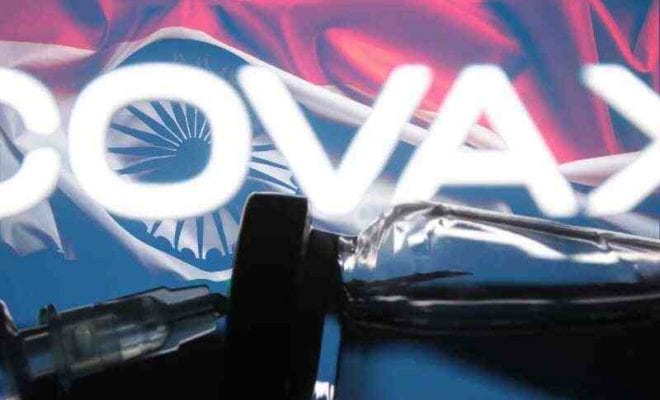India may receive 97.1 million Oxford-AstraZeneca vaccine doses through WHO’s COVAX

Last updated on February 16th, 2021 at 07:07 am
India may get 97.1 million vaccine doses for coronavirus through the World Health Organization’s (WHO) COVAX provision. It will be produced and supplied by Pune’s Serum Institute of India.
These vaccines will be India’s direct deal with Pune’s Serum Institute of India as this is being carried out by the Covax facility, which will likewise cover many nations. Covax will help distribute the Pfizer-BioNTech and Oxford vaccine, however, India will receive the Oxford vaccine.
The Health Ministry says, 12,899 new Covid-19 cases have been reported, 17,824 recovered, and 107 deaths in 24 hours. Around 44.49 lakh people have been inoculated since the vaccine drive began on Jan 16.
India is probably going to get 97 million doses of the AstraZeneca under an agreement with the international COVAX facility and almost 50% of it will be received by the end of March. This depends upon a pre-clearance from the WHO for vaccine under an Emergency Use Listing.
COVAX is co-driven by the World Health Organization, the Coalition for Epidemic Preparedness Innovations (CEPI), and Gavi. Its objective is to accelerate the manufacturing and development of the coronavirus vaccine as well as guarantee fair and equal access to all nations. Covax was set up to keep in mind the lower-income nations so that they are not left behind in the global vaccine race.
As per The Times Of India (TOI), Covax will distribute 240 million Oxford-AstraZeneca vaccine doses, authorized to Serum Institute, 96 million Astrazeneca-Oxford vaccine doses. This will be the primary vaccine dispersion under Covax assessed to start by late February.
As per the fresh analysis from the three trials found that the initial vaccine shot provides 76% protection against coronavirus from three weeks until 90 days, and decreased transmission of the virus by 67%, Lancet Journal stated.
There is very little information available on vaccines that can prevent asymptomatic infections or stopping the virus from transferring from one person to another.
In the latest finding on the Oxford-AstraZeneca vaccine after two shots of the vaccine, regardless of having symptoms people are 54% less likely to have an infection confirmed by a nasal swab test, The Washington Post reported.



